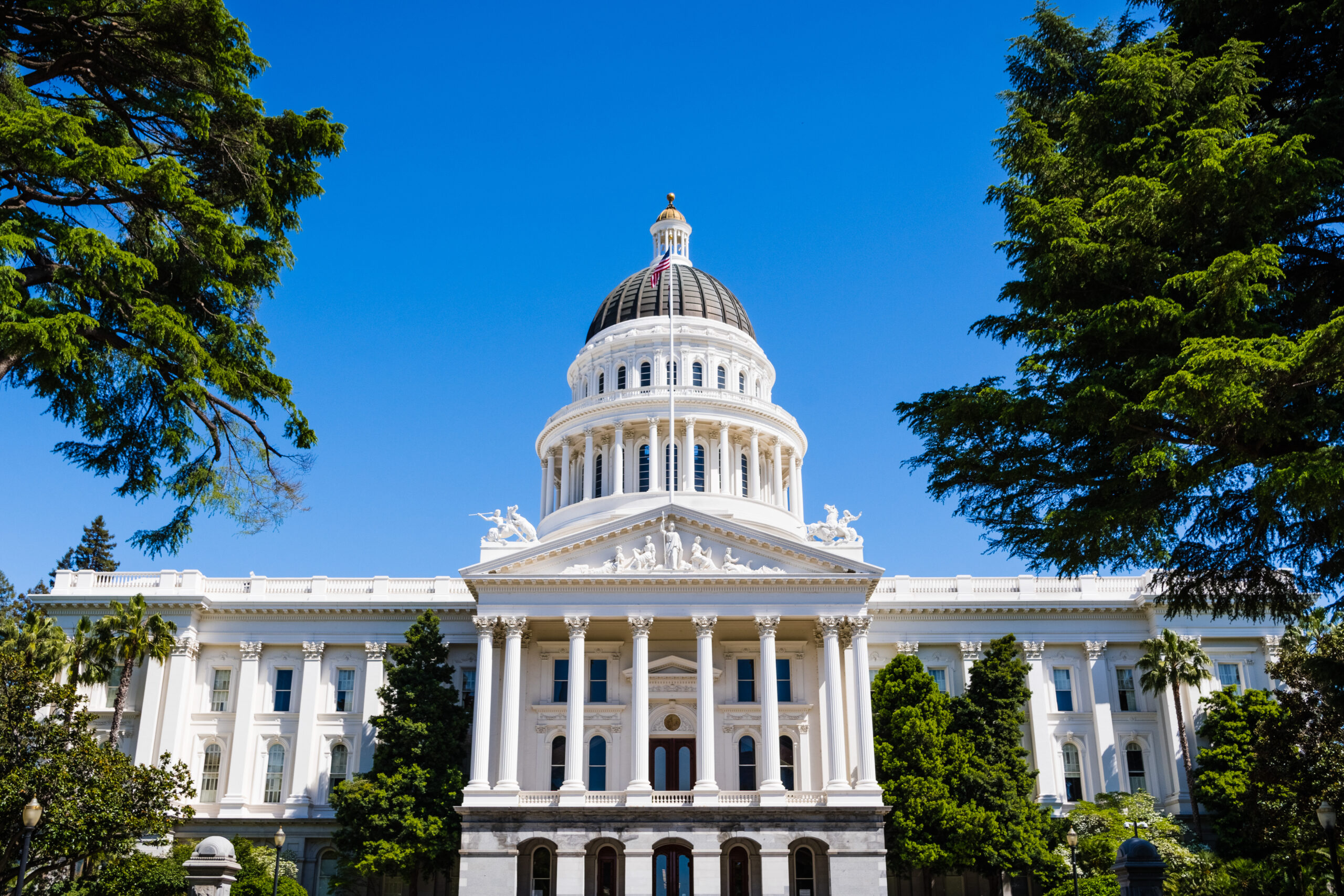Showing results for fire2020 xped free promo codes portugal

Judge declares Buenos Aires’ Fugitive Facial Recognition System Unconstitutional
[…] of the SFRP system. The court found it unreasonable that seventeen unidentifiable “admin” users had unrestricted access to the sensitive information of millions of individuals, while also free to manipulate and/or erase data without any meaningful transparency or accountability mechanisms in place. The court determined that at least 356 search records for individuals whose […]

FPF Participates in FTC Event on “Commercial Surveillance and Data Security” Proposed Rulemaking
Yesterday, FPF Senior Director for U.S. Policy Stacey Gray participated in a panel discussion hosted by the Federal Trade Commission (“FTC”) regarding its Advance Notice of Proposed Rulemaking (“ANPR”) on “Commercial Surveillance and Data Security” (comments start at 1:39:00). Feedback from the public forum is intended to help inform the Commission’s decision whether to proceed […]

Age-Appropriate Design Code Passes California Legislature
Update: On Sep 15, 2022, California Governor Gavin Newsom signed AB 2273, the California Age-Appropriate Design Code Act. The law will apply to businesses that provide online services, products, or features likely to be accessed by children and broadly requires businesses to implement their strongest privacy settings by default for young users up to the age of […]

New Report on Limits of “Consent” in Macau’s Data Protection Law
[…] legitimate interests of the controller or a third party to whom the data is disclosed, subject to a “balancing test” between such interests and the fundamental rights, freedoms, and guarantees of the data subject. The PDPA also empowers a public authority, the Office of Personal Data Protection (OPDP), to issue guidance on the PDPA, […]

New Report on Limits of “Consent” in India’s Data Protection Law
[…] appear similar to the EU’s “legitimate interests,” but whose scope still remains uncertain. The PDP Bill would have required consent for processing of personal data to be free, informed, specific, clear, and capable of being withdrawn. For consent to qualify as “informed” under the PDP Bill, the data controller would have to provide certain […]

Introduction to the Conformity Assessment under the draft EU AI Act, and how it compares to DPIAs
[…] 43). They relate to: a) The quality of data sets used to train, validate and test the AI systems; the data sets have to be ‘relevant, representative, free of errors and complete’, as well as having ‘the appropriate statistical properties (…) as regards the persons or groups of persons on which the high-risk AI […]

FPF at CPDP LatAm 2022: Artificial Intelligence and Data Protection in Latin America
This summer the first-ever in-person Computers, Privacy and Data Protection Conference – Latin America (CPDP LatAm) took place in Rio de Janeiro on July 12 and 13. The Future of Privacy Forum (FPF) was present at the event, titled Artificial Intelligence and Data Protection in Latin America, participating in two panels and submitting a paper […]

New Report on Limits of “Consent” in Vietnam’s Data Protection Law
[…] subject to narrow exceptions, such as requests from state authorities or necessity for medical care. Generally, under Vietnamese law, consent for processing of personal information must be freely given. Prevailing laws generally require entities that handle personal data to inform the data subject of the scope and purpose for collection and use of the […]

New Report on Limits of “Consent” in Malaysia’s Data Protection Law
[…] the disclosure of personal data held by certain regulated entities (e.g., providers of financial services, medical practitioners), the PDP Commissioner has approved and registered seven Personal Data Codes of Practice, which provide more detailed requirements for entities in certain sectors to comply with the PDPA. These sectors include: insurance and takaful; banking and finance; […]

New Report on Limits of “Consent” in the Philippines’ Data Protection Law
[…] by public authorities for various purposes. The stated policy aim of the DPA is to protect the fundamental human right to privacy of communication while ensuring the free flow of information to promote innovation and growth. To that end, the DPA provides data subjects with a number of rights over their data, including rights […]
